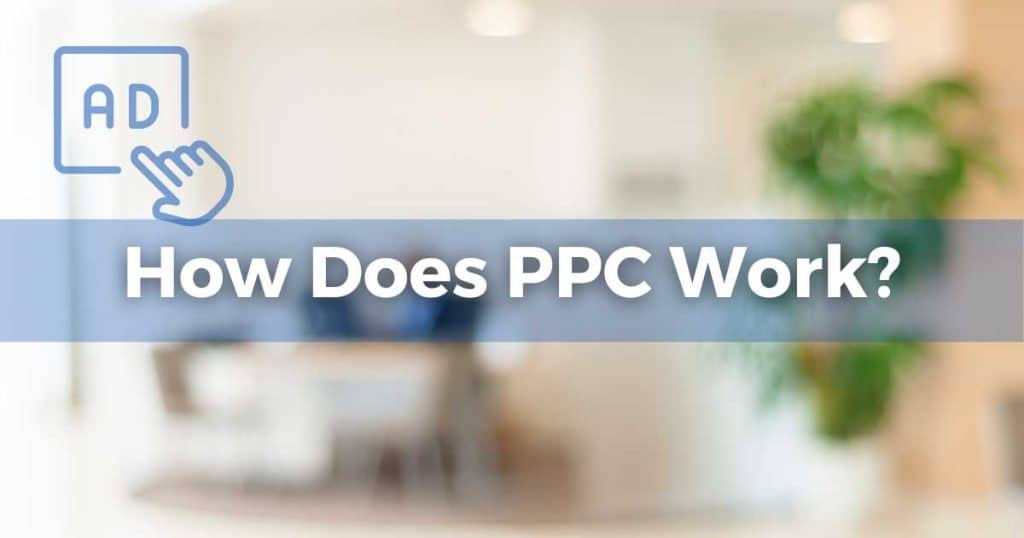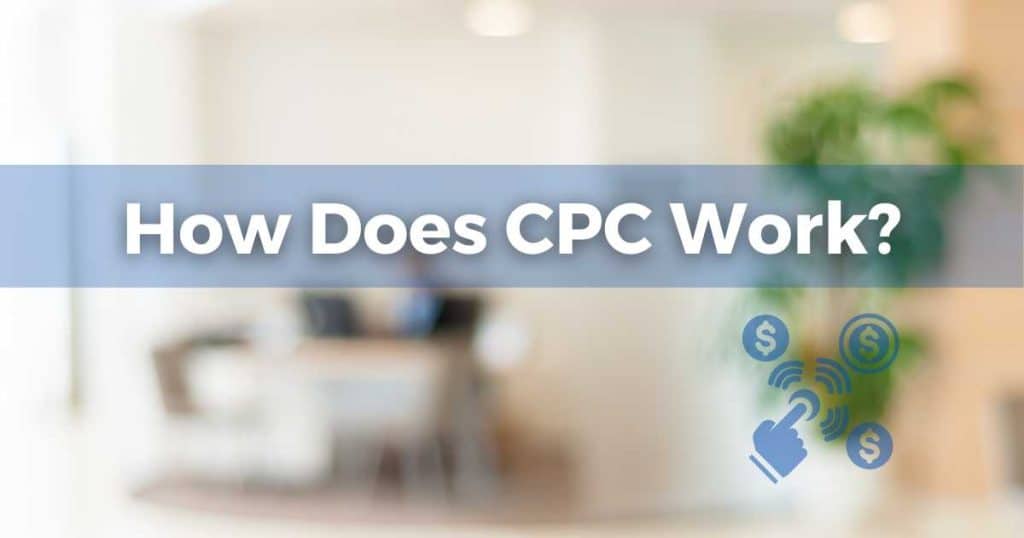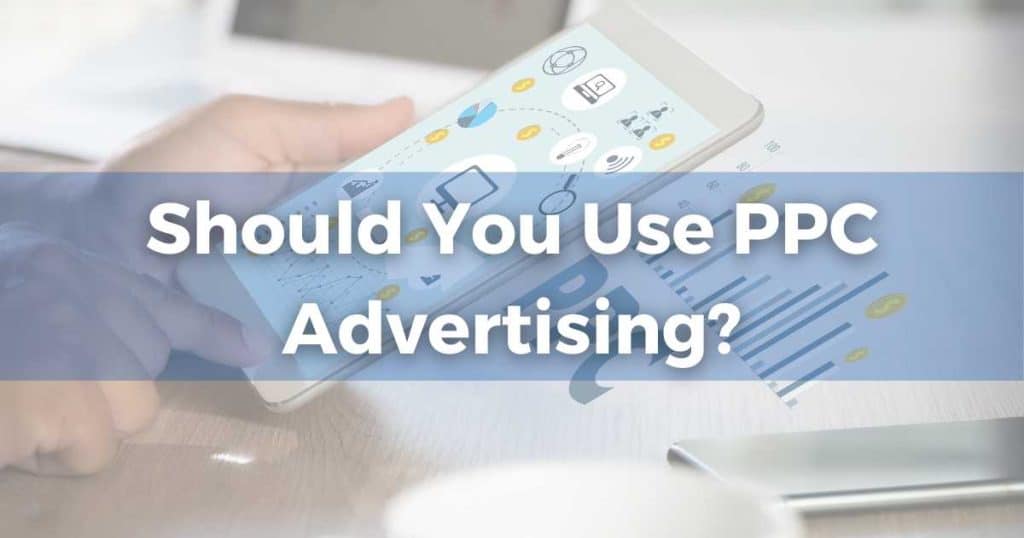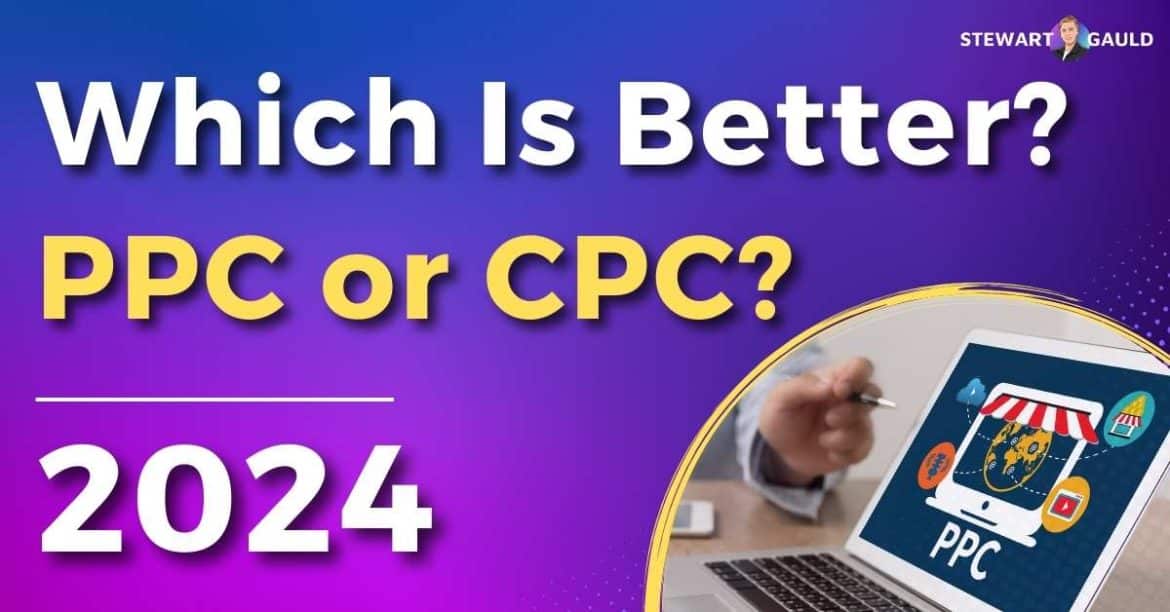PPC vs CPC – which is better?
If you’re new to the digital marketing world, you’ve probably heard the terms PPC (pay-per-click) and CPC (cost-per-click).
Contrary to popular belief, CPC is not a separate advertising mode from PPC but rather an integral component of PPC advertising.
These terms are used together to help you drive traffic and generate leads; therefore, there is no ‘better’ option for PPC or CPC!
But you need to understand what they are and how exactly they differ.
I’m going to delve into the differences between PPC vs CPC to help you steer your business toward effective marketing strategies and sustainable growth!
Read more: How Does Pay-Per-Click Advertising Work?
What Is PPC?

PPC marketing is an online advertising strategy that aims to assist with driving traffic to your website
Simply insert your ads across various channels, including online marketplaces, social media platforms, search engines, and more.
The idea is that you promote your products or services through ads across different channels in the hopes of people clicking on those ads!
These ads will appear at the top and bottom of search engine results pages (SERPs) so people can easily find and click on them.
With strategic targeting options, you can place your ads in front of people who align with your specific customer demographic.
And the best part about PPC marketing is that you’re only charged when someone clicks on your ad!
This makes it a cost-effective advertising strategy that significantly enhances the likelihood of generating sales.
Given its dominance, many beginners in the field of PPC advertising opt for Google Ads to kickstart their campaigns on Google.
However, you can place your ads on other search engines, social media, or popular marketplaces like Amazon.
Read more: How To Setup Google Ads Conversion Tracking In WordPress.
What Is CPC?

In essence, CPC is the amount you have to pay for each click within your PPC campaign.
This metric can be applied to individual keywords or measured for your entire advertising campaign.
Essentially, the CPC can gauge how effective your ads are!
Read more: Top 10 FREE Digital Marketing Tools For Small Businesses.
PPC vs CPC: What’s The Difference
While PPC and CPC are often used together in marketing campaigns, it’s vital to understand that they are distinct concepts.
Let’s break it down for you:
- PPC is a paid advertising method where advertisers are charged for each click on their ad.
- CPC is a financial metric that calculates the total cost for each individual click within the campaign.
As you can see, PPC and CPC have separate roles in your online marketing campaigns!
Read more: How To Set Up Google Ads Tracking For Wix.
How Does PPC Work?

Once you’ve set up your PPC campaigns, the PPC advertising auction process begins:
- When someone searches for something, advertisers compete by bidding on keywords.
- The ad with the highest bid and strongest quality wins the auction.
- The winning ad is then shown on search engine result pages (or relevant websites) labeled as ‘Ad’ or ‘Sponsored.’
There are two main factors that determine the positioning and success of ads in the auction process:
- Maximum CPC (how much you’re willing to pay per click for each keyword or group of ads).
- Quality Score (a combination of anticipated click-through rate (CTR), ad relevance to the search query, and the quality of the page that the ad is driving traffic to).
As an advertiser, you have full control over your PPC campaigns, including budget, bidding strategy, ad content, and target audience.
This allows for effective management of ad spending on a daily or monthly basis!
Read more: What Is A Good CTR For Google Ads?
How Does CPC Work?

Once your PPC campaign is live, measuring the CPC is crucial in order to evaluate the effectiveness and relevance of your ads.
The initial CPC might be quite high. However, once more people start clicking on your ad, the CPC will decrease.
This indicates a successful campaign!
So, how much is it going to cost you when someone clicks on your ad?
It all depends on:
- Ad ranking.
- Keyword competitiveness.
- Search volume.
- CTR
- And industry.
Additionally, the CPC of your campaigns differentiates depending on which platform you’re using. For example, Google may be $0.50, whereas Facebook may be double that!
Read more: How To Do Keyword Research.
How To Calculate CPC?
Okay, so you might be wondering…..how do I calculate the CPC of my ads?
Well, luckily, it’s a straightforward 3-step process!
- Determine the total advertising cost.
- Count the number of clicks.
- Divide the advertising cost by the number of clicks.
And that’s it! The result gives you the CPC.
Read more: Is Google Sites Good For SEO?
Should You Use PPC Advertising?

PPC advertising can be a quick and effective way to promote your business.
But it’s important to weigh the pros and cons before deciding if it’s right for you!
If you’re looking to implement a digital marketing strategy with fast results, PPC advertising is the way to go, as your ads should immediately reach your targeted audience.
However, PPC can become quite costly if not managed effectively!
I recommend integrating PPC as part of a larger digital marketing strategy and leveraging other tools like email and social media marketing and SEO (search engine optimization).
Read more: Top 5 Best Free Email Marketing Platforms For Small Business.
My Final Thoughts
So, which is better? PPC or CPC?
There is no winner! Basically, you can’t have one without the other.
Both PPC and CPC are used together to create successful paid campaigns.
For example, if your CPC within your PPC campaigns is high and you’re not generating many leads or conversions, then you know that something needs to change.
I recommend playing around with your keyword bidding tactics, website content, and ad quality score to get the most out of your PPC ads.
Thanks so much for reading this article, I hope it was helpful!

